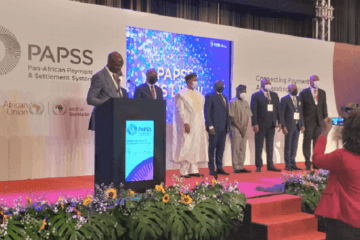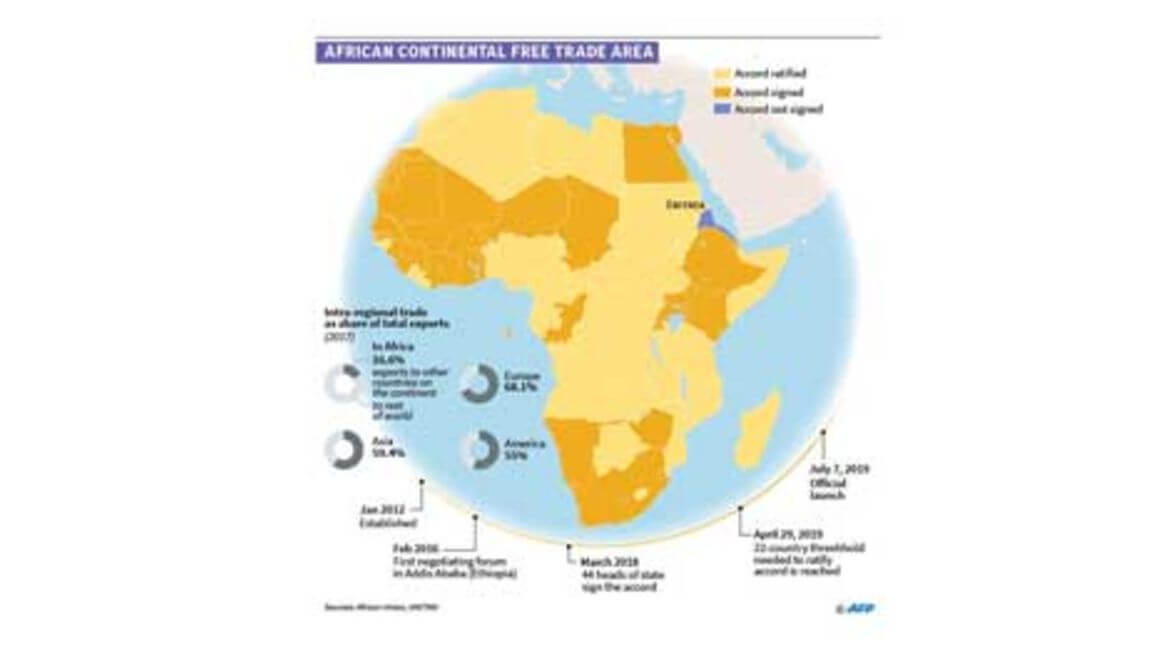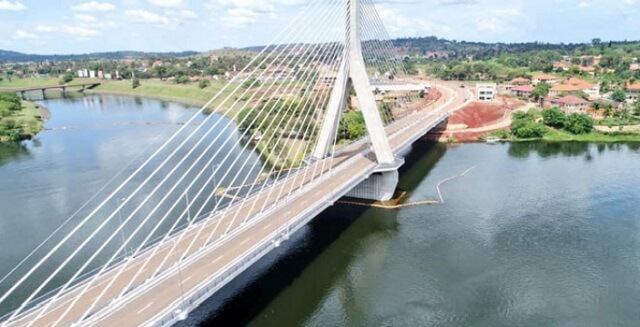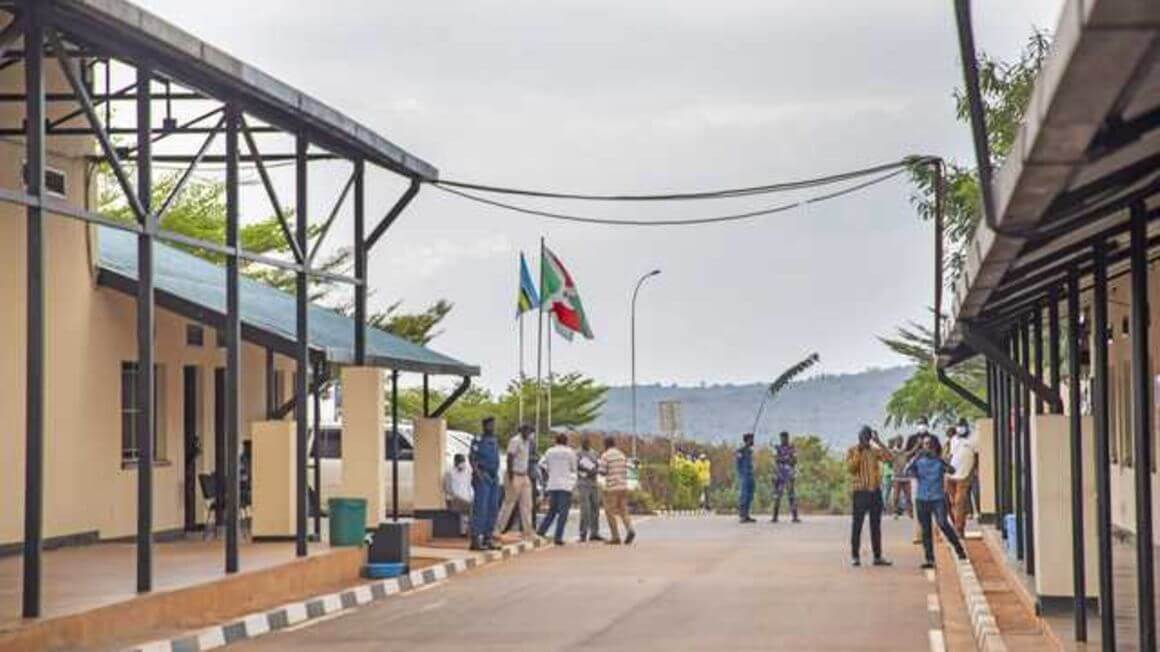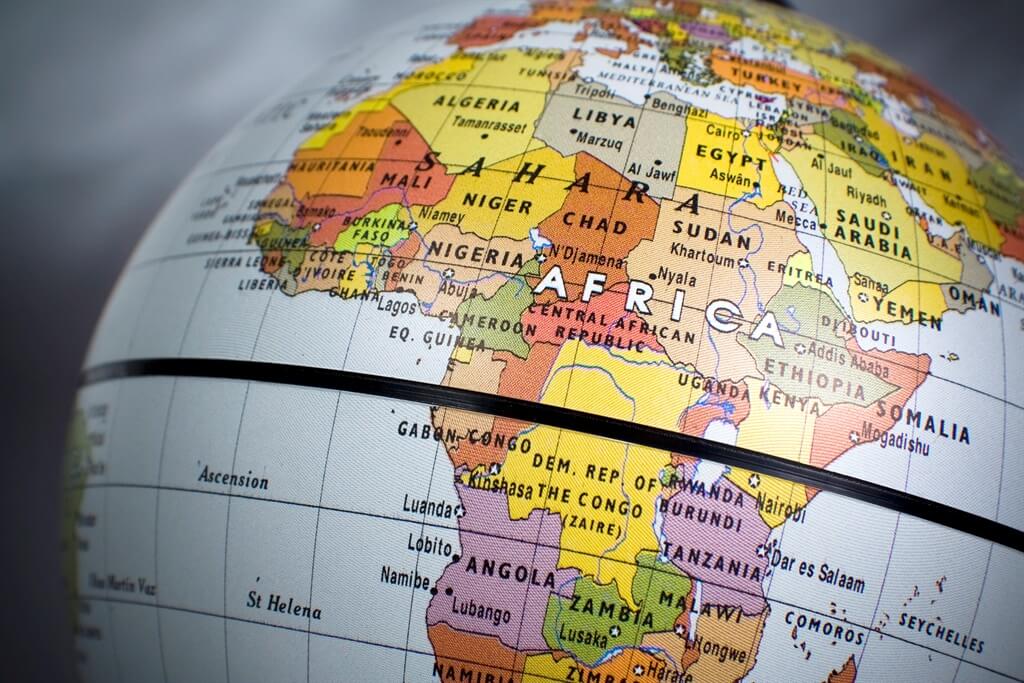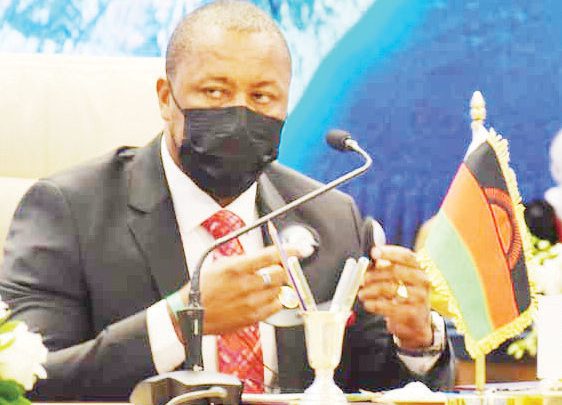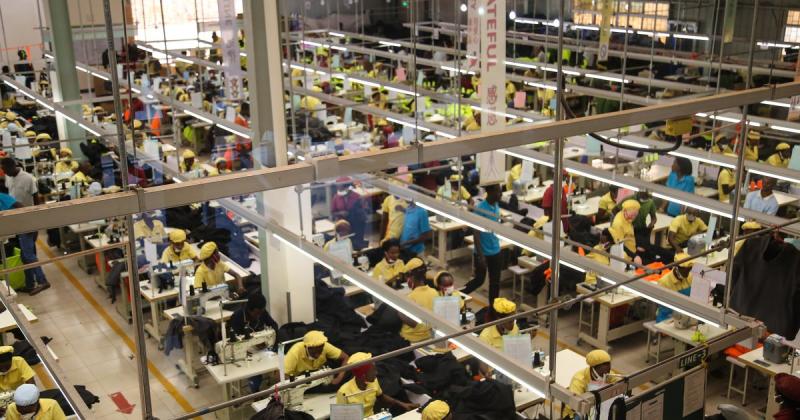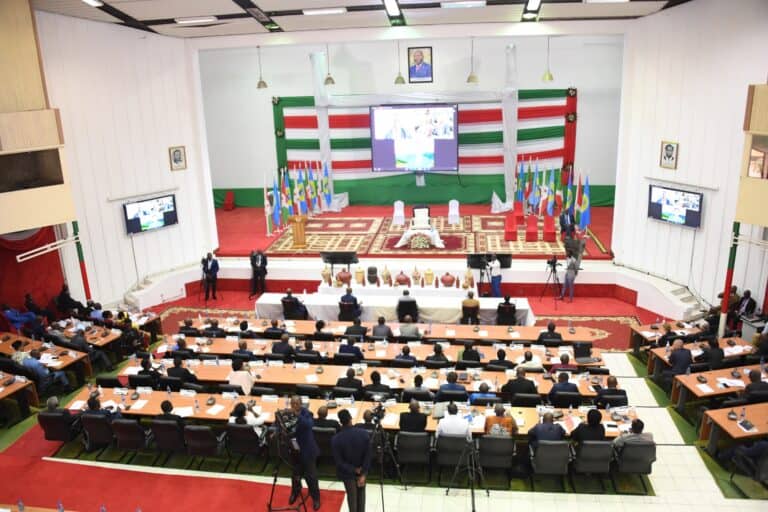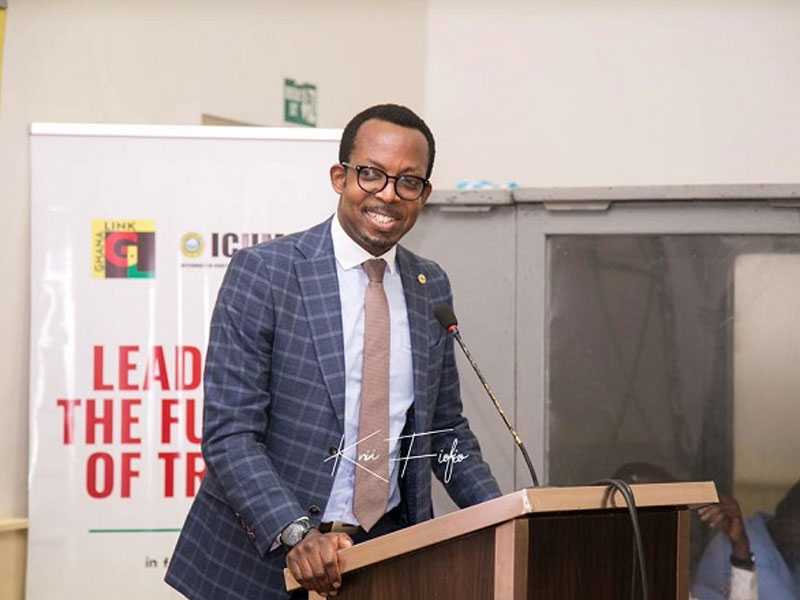Afreximbank in partnership with the AfCFTA Secretariat have launched the Pan-African Payment and Settlement System (PAPSS). The launch of PAPPS aims to boost intra-African trade by transforming and facilitating payment, clearing and settlement for cross-border trade across Africa. The platform is also expected to save Africa more than Ksh. 567 billion (USD 5 billion) annually in payment transaction costs, underpinning the operationalization of the AfCFTA. According to Afreximbank, PAPSS provides the solution to the disconnected and fragmented nature of payment and settlement systems that have long impeded intra-African trade. Prior to PAPSS, over 80% of African cross-border payment transactions originating from African banks had to be routed offshore for clearing and settlement using international banking relationships. That process posed multiple challenges including payment delays to operational inefficiencies and compliance concerns for the disparate regional payment systems. PAPSS, which has been successfully piloted in the six countries of the West African Monetary Zone, delivers among others, the following benefits. Reducing the cost, duration and time variability of cross-border payments across Africa. Decreasing the liquidity requirements of commercial banks for cross-border payments. Strengthening oversight of cross-border payment systems by central banks. Speaking at the launch event, Ghanian President Nana Akufo-Addo complimented Afreximbank and AfCFTA Secretariat for the establishment of the payment system saying, “This launch is a result of many months of hard work, resolve and commitment towards achieving set objectives for the growth of the continent in trade. All Central Banks in Africa must now join up and ensure seamless transfer of...
Afreximbank launches the Pan-African Payment & Settlement System to facilitate payment transactions across Africa
Posted on: January 20, 2022
Posted on: January 20, 2022

